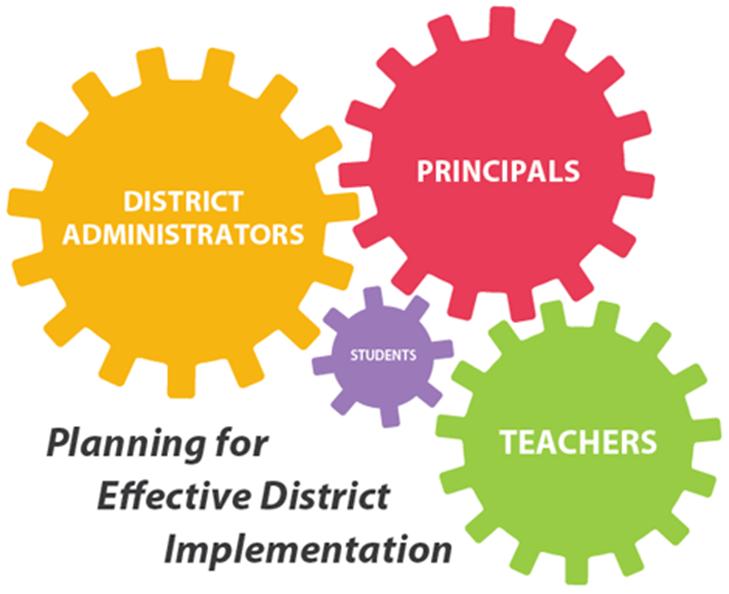With the talk of education reform becoming more intense by the minute, the government and the states participated in a scramble to put together what they believe is the best possible way to improve America’s education. The result? The Common Core education standards. While there are voices of approval regarding the tremendous leap in educational philosophy, the majority of the American people will be significantly affected by these standards. And definitely not in a good way.
Back in 2004, the National Governors Association expressed its concern about the education standards of individual states; students whose families move around constantly would either be behind or ahead of their classes. Five years later, the NGA gathered a group of consultants to compile curriculum standards in literacy and math. Their common goal was to “provide a clear understanding of what students are expected to learn, so teachers and parents know what they need to do to help them.” This new educational bar, which will go into full effect next year, seems to take students into consideration, but it does all but that.
To put it in context of Diamond Bar High School, CCSS is comparable to the changed classroom numbering system. Students and faculty alike had to relearn numbers and adjust to the unfamiliarity. It is exactly so with CCSS, except on a much larger scale. The way of teaching will be new to many of the teachers, and the way of learning will be so for the students. It would take a long time for students to adjust, and only then would the numbers on the graph climb upward.
Furthermore, students will not be able to promptly conform to the rigor that the standards offer. Sure, to make the learning standards equal in every state, a pulling up and a pushing down of respective state standards will occur, but with CCSS geared toward critical analysis, schoolwork will become tougher. But harder tests do not make kids smarter. Teachers in New York stated that their students were brought to tears when given a challenging CCSS exam. The proficiency level plummeted and wider achievement gaps were shown. How can students be expected to “shoot for the moon” when their failures are constantly provoking them? Poor results diminish students’ self-confidence and disengage them from learning.
CCSS will also tap into the biggest problem schools have: financial issues. Because learning standards will change, CCSS will cause many current textbooks to be obsolete. Purchasing new books to match up with the standards will be pricey. Also, because the majority of CCSS exams will be online, schools would need to update their technology in order to conduct these exams.
It is true that CCSS provides an initiative for students to strive to achieve their best. But, is it really fair for the government to set a bar that is too high to reach? I think not.




